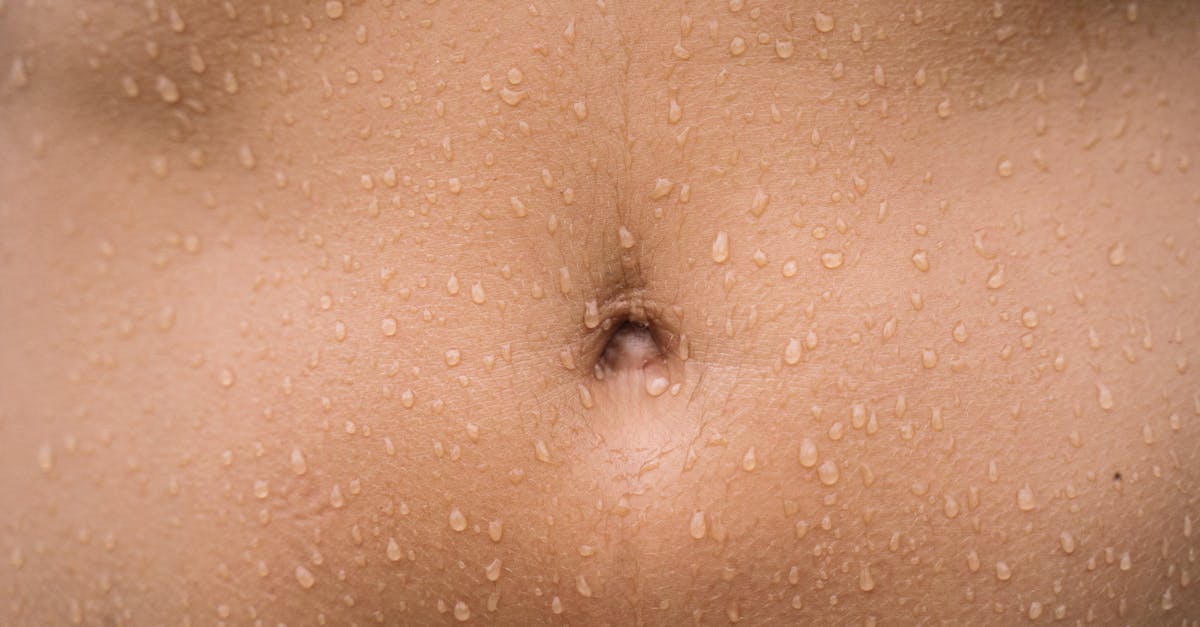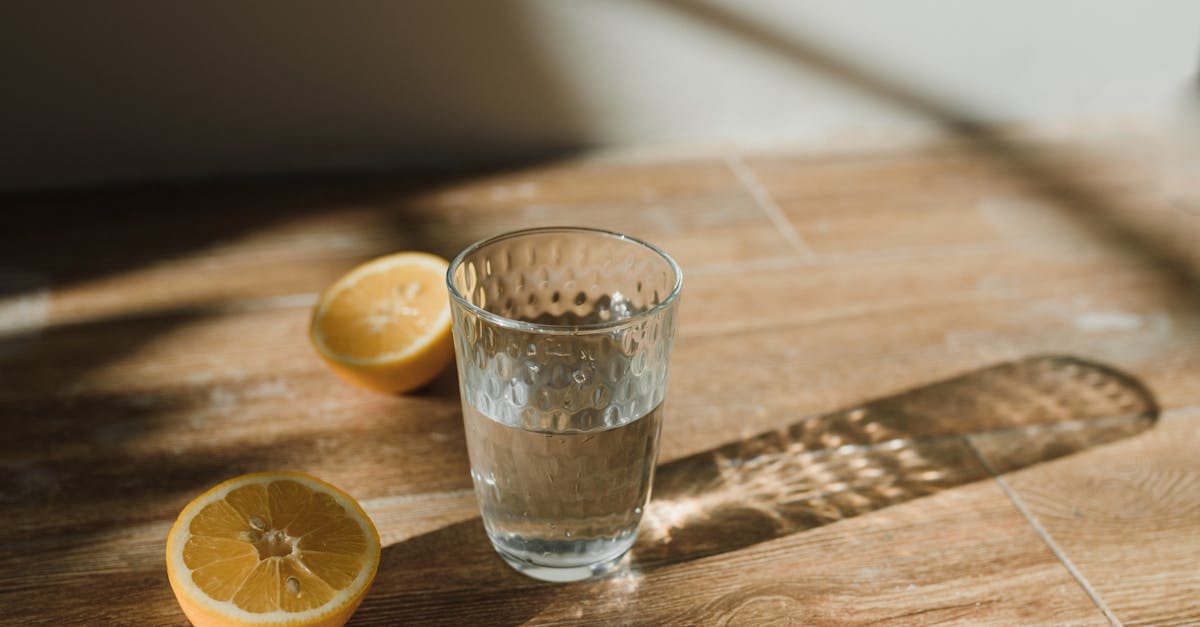The Importance of Hydration How Much Water Do You Need
Introduction
Staying hydrated is a fundamental aspect of maintaining overall health, yet it's something many overlook in their daily routines. Water constitutes approximately 60% of our body weight and plays a crucial role in virtually every bodily function. From temperature regulation and waste removal to lubrication of joints and protection of sensitive tissues, water's importance cannot be overstated. The human body requires fresh supplies of water to replenish fluid lost through everyday activities like breathing, sweating, and digestion. With so many individuals failing to drink enough water, understanding hydration's significance becomes imperative. In this article, we'll explore why hydration is essential and how much water you need daily.
Advertisement
Water's Role in the Body
Water is essential in all bodily processes, serving as a transporter for nutrients and oxygen to cells and aiding digestion by dissolving minerals and nutrients. Additionally, it acts as a coolant, helping regulate internal body temperature through sweat which evaporates to cool the skin. Furthermore, water acts as a lubricant and shock absorber, protecting joints and tissues like the brain and spinal cord. Without adequate water intake, these functions can become compromised, leading to potential health issues. Every part of our life relies on water, emphasizing the need for consistent hydration habits.
Advertisement
Factors Influencing Water Needs
Several factors determine an individual's daily water requirements. These include age, gender, body weight, physical activity levels, climate, and overall health status. For instance, those living in hot, humid conditions or at higher altitudes may require more water to stay properly hydrated. Engaging in physical activities or experiencing ailments like fever and diarrhea also increases the body's water needs. Pregnant and breastfeeding women have elevated requirements to support their bodies and their babies. Recognizing these factors helps tailor hydration recommendations to individual circumstances.
Advertisement
Understanding Dehydration and Its Effects
Dehydration occurs when the body loses more water than it receives. Symptoms of mild dehydration can include thirst, dry mouth, decreased urine output, and dizziness. When severe, dehydration can lead to confusion, rapid heartbeat, sunken eyes, and even life-threatening situations. Chronic dehydration may increase the risk of kidney stones, impair cognitive performance, and result in kidney damage. It's vital to recognize the signs of dehydration early to avoid severe complications. Maintaining a balanced intake of water is crucial to preventing these effects.
Advertisement
How to Establish a Hydration Routine
Implementing a hydration routine begins with awareness and proactive measures. Start by setting reminders to drink water throughout the day, whether through smartphone apps or strategically placed water bottles. Incorporate beverages like herbal tea or natural flavored water to make hydration more enjoyable. Monitor urine color as an indicator; pale straw-colored urine typically signifies adequate hydration. By integrating these practices into your lifestyle, staying hydrated becomes more manageable, reducing the risk of dehydration and enhancing overall well-being.
Advertisement
Calculating Your Daily Water Intake
Determining how much water you need depends on various factors, such as your body's unique needs. A general guideline suggests a daily intake of about 3.7 liters for men and 2.7 liters for women, inclusive of all beverages and foods. However, a more personalized approach involves calculating 30 to 35 milliliters of water per kilogram of body weight. The eight glasses a day rule is a simplistic guideline, often falling short for those living in different conditions or leading active lifestyles. Accurate hydration should be tailored to one's specific needs.
Advertisement
Hydration Tips During Physical Activities
During any form of exercise, the body loses water and electrolytes through sweat, increasing the need for adequate hydration. Drinking water before, during, and after workouts is essential to maintain performance and prevent dehydration. For exercises lasting more than an hour, consider electrolyte-infused drinks to replenish what’s lost. Hydration should match sweat loss; aim to drink about 500 ml (16 ounces) two hours before exercise and sip water every 15 to 20 minutes during activity. Proper hydration habits support optimal performance and recovery.
Advertisement
The Impact of Nutrition on Hydration
Solid food contributes to one's total water intake, with certain foods being higher in water content. Fruits and vegetables like watermelon, cucumber, and tomatoes can aid in hydration while providing essential nutrients. Avoiding excessive caffeine and alcohol consumption is crucial, as these can lead to dehydration. Foods rich in electrolytes such as potassium and sodium help maintain fluid balance. A diet that supports hydration complements efforts to maintain an optimal level of bodily fluids and crucial electrolyte balance.
Advertisement
Debunking Hydration Myths
Numerous myths surround the topic of hydration, leading to confusion. A common misconception is that thirst should dictate hydration needs; however, thirst is a late indicator, not a preventive measure. Another myth is the belief that only plain water constitutes hydration. All fluids, including those from soups and juices, contribute to hydration. Understanding these misconceptions empowers individuals to make informed choices about their hydration practices. Hydration is not a one-size-fits-all, and breaking free from myths encourages a more nuanced approach.
Advertisement
Summary and Conclusion
Hydration is an essential aspect of health, impacting various bodily functions from cognitive performance to physical endurance. Understanding the factors influencing water needs and recognizing the signs of dehydration are critical in maintaining adequate hydration status. By integrating regular hydration practices, monitoring physical activity levels, and considering dietary contributions, individuals can tailor their hydration requirements effectively. As simple as it seems, the act of staying hydrated is a powerful tool in promoting overall health and preventing potential complications. Prioritize drinking enough water each day to support your body's needs and foster optimal well-being.
Advertisement


